Understanding the Link Between Alcohol And Panic Attacks
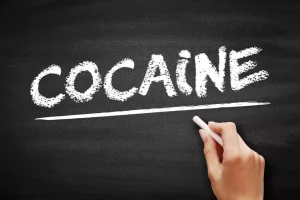
Please speak with a licensed professional if there are any concerns around your relationship with drinking. Getting proper rest can ease panic-inducing symptoms and prevent a panic attack. Water and easily digestible carbohydrates will help refuel your body and brain, and counteract low blood sugar.
- Let’s explore the key information you should know about dealing with an alcohol-induced panic attack.
- However, the interplay of alcohol and anxiety is multilayered and the severity of the AUDs depends on the type of anxiety disorder.
- Alcohol related anxiety – or hangxiety if you will – is incredibly common – you’re not alone and there are things you can to do help.
- Pacing yourself and avoiding sugary drinks can also lessen hangxiety.
Can Alcohol Cause Anxiety or Make it Worse?
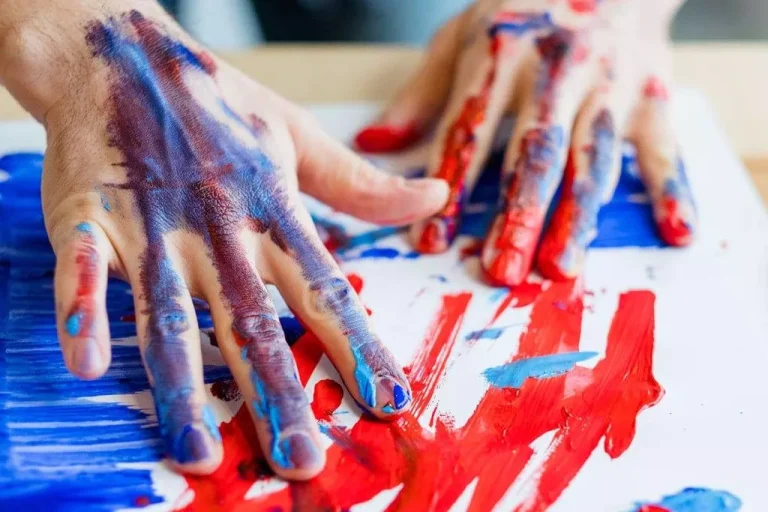
They can provide guidance on how to stop panic attacks after drinking and develop strategies to manage your anxiety. Anxiety after drinking can result from alcohol’s impact on brain chemistry, dehydration, withdrawal https://ecosoberhouse.com/ symptoms, disrupted sleep, and pre-existing anxiety disorders. If this is a recurring issue, consider moderating alcohol intake and seeking professional support. Our heart rate slows down, our muscles start to relax, and anxious thoughts come to a halt, giving us a temporary sense of calm. On top of that, the boost in our feel-good hormones can lift our mood.
- One of the many dangers of alcohol is that it can cause panic attacks.
- Remember, having panic attacks is not a weakness; it’s a condition which may need professional treatment.
- It might be challenging at first, especially for those who are used to regular heavy drinking.
When Do Panic Attacks From Alcohol Occur?
By clicking “Submit,” you certify that you have provided your legal name and phone number, agree to the terms and conditions and privacy policy, and authorize Addictionresource to contact you. You consent to receive SMS notifications and promotions from Addictionresource. Alcohol is arguably among the most dangerous substances, not only due to its significant health risks but also because of its widespread availability. It can be a good distraction, and the company will provide added comfort. Otherwise, do something relaxing that will take your mind off the situation.
Private outpatient treatment
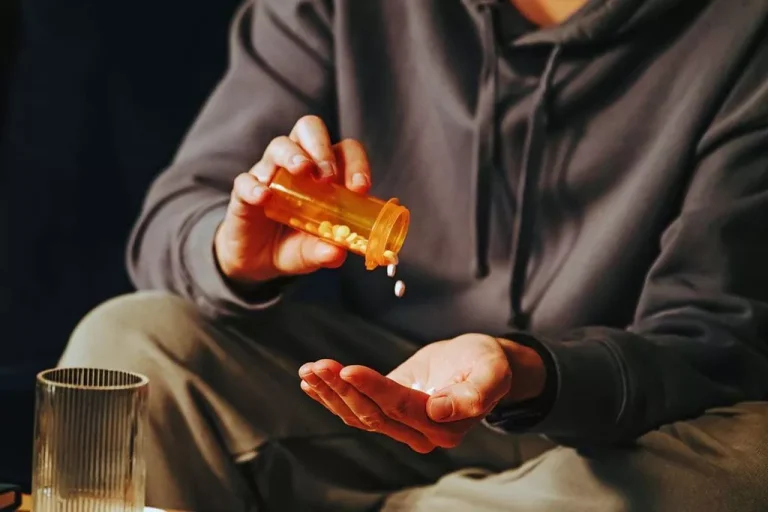
But if panic attacks become frequent, really intense, or start messing with your daily life, it’s definitely time to get some professional support. One of the most effective ways to panic attack while drunk stop panic attacks after drinking is to cut back on alcohol or stop altogether. Even reducing how much you drink can make a big difference in how you feel. If you’ve ever stopped drinking after a period of heavy use, you might have experienced withdrawal. This happens because your brain has become used to the presence of alcohol. When you stop, your nervous system goes into overdrive, which can set off panic attacks and other unpleasant symptoms.
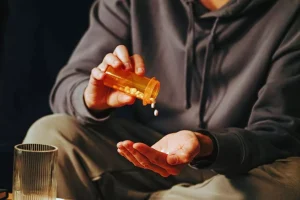
The relationship between alcohol and anxiety is a multifaceted one, with implications that extend beyond the immediate effects of drinking. Conversely, excessive alcohol Alcoholics Anonymous consumption can increase the risk of developing anxiety disorders, creating a vicious cycle of co-occurring disorders. Dehydration, disrupted sleep patterns, and fluctuations in blood sugar levels can also contribute to feelings of anxiety the day after drinking.
Why Do You Get Anxiety After Drinking?
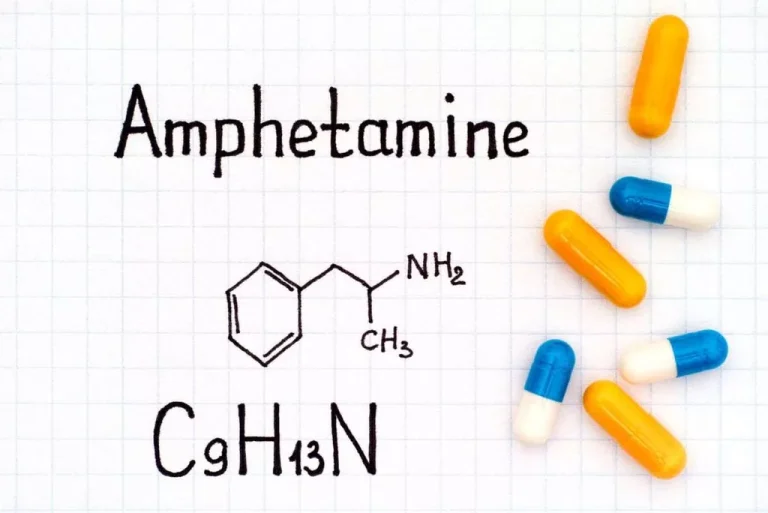
Some people experience a fear of losing control, or even feelings of depersonalization (feeling detached from yourself) or derealization (feeling like your surroundings aren’t real). These psychological symptoms can be just as unsettling as the physical ones. As previously mentioned, your level of alcohol consumption plays a large role in your risk of panic attacks. Assess how much you regularly drink and keep track of this amount. A racing heart is one of the most distressing concerns among people who have panic attacks.
Not everything related to the development of anxiety is going to be easy to understand. One of the things we know about the brain after alcohol use is that it’s not uncommon for depression and anxiety to feel worse. This is related to neurochemical changes, combined with some of our thoughts after a heavy night of drinking – making it feel even worse.
Stop Trauma Dumping: A Guide to Healthy Sharing and Support
Only a qualified healthcare professional can diagnose an alcohol use disorder or an anxiety disorder. Although it may be tempting to ignore your symptoms, or to self-diagnose, the only way to access the resources you need to recover is by getting a clinical diagnosis. Anyone can experience anxiety—or “hangxiety”—after drinking, even if you aren’t dealing with alcohol dependence. However, if you find yourself frequently experiencing anxiety and regret after drinking, particularly after heavy drinking, it may be a sign of a more serious problem.
Taking care of yourself can make a big difference in reducing your risk. It’s crucial to gain a proper understanding of how the sympathetic nervous system can sometimes activate false alarms, triggering symptoms of a panic attack. By obtaining clinical knowledge about your anxiety symptoms, you can help manage the intensity and abort any misguided ideas that your body is in danger. Below are some examples of how panic attacks can manifest in the body. Alcohol-induced anxiety is the uncomfortable feeling that can happen after drinking heavy amounts of alcohol.
Can alcohol cause panic attacks?
While some people may believe that wine and beer may cause less anxiety than hard liquor due to its alcohol content, this is not true. It’s not necessarily the type of alcohol you drink that can affect your levels of anxiety, but rather anxiety is related to the amount and frequency of alcohol use. Drinkaware UK provides some useful online tools to help you to reduce your alcohol intake. It is also recommended that you consult your GP if you are concerned that you have a drinking problem. Up to one third of people will experience at least one panic attack in their lives, according to clinical psychiatrist Cindy Aaronson. They usually start when people are in their twenties but can also happen to teenagers.
